Sci fiction Audiobooks Ted Chiang Understand.
Category: futurism – Page 556
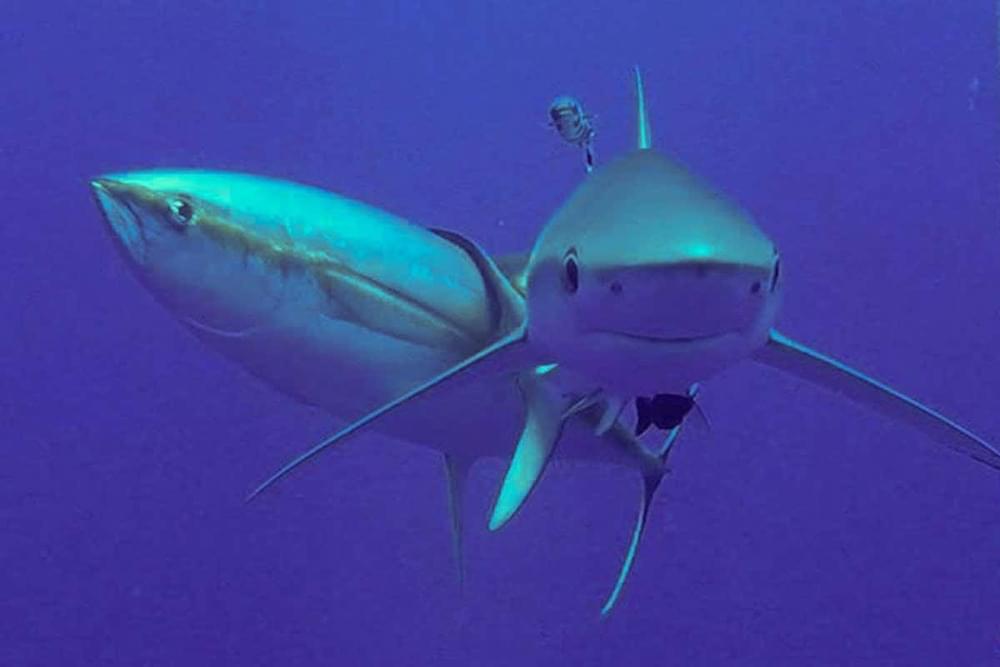

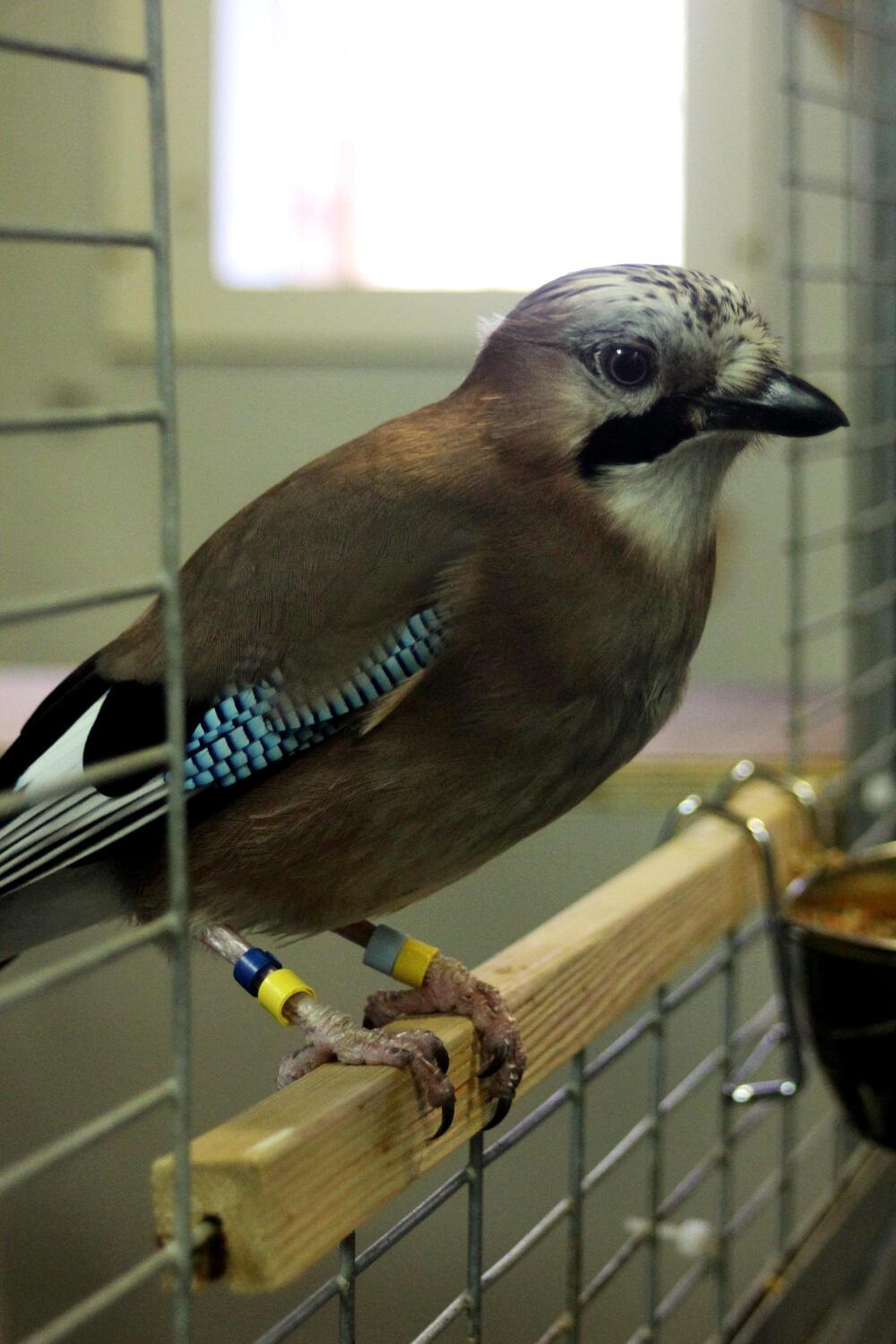
Just like humans, more intelligent jays have greater self-control
A study has found that Eurasian jays can pass a version of the ‘marshmallow test’—and those with the greatest self-control also score the highest on intelligence tests.
This is the first evidence of a link between self-control and intelligence in birds.
Self-control—the ability to resist temptation in favor of a better but delayed reward—is a vital skill that underpins effective decision-making and future planning.
Was the Azores home to an ancient civilisation?
History books tell us that Portuguese navigators found the Azores islands uninhabited in the middle of the Atlantic during the early 1400s. But some intriguing constructions suggest that people occupied this area long before. So, who was this civilisation, and why did they leave? Video by: Next Stop Stories Narrator: Sam Hartford Executive Producer: Griesham Taan Follow BBC Reel on Twitter, Instagram, Facebook and YouTube.
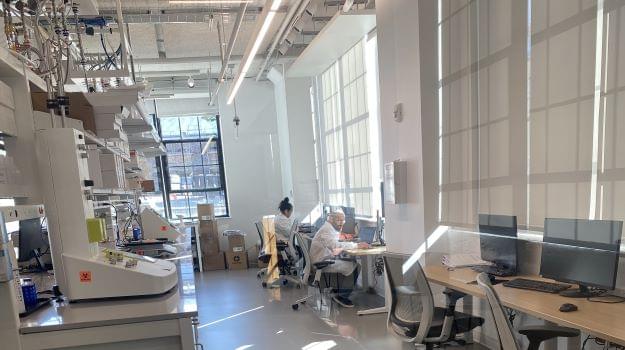
French pilot: CCP is recruiting foreign pilots to gain experience in fighting against the West
https://youtube.com/watch?v=csOi-9MY_aw&feature=share
The Chinese Communist Party (CCP) is using large sums of money to attract retired British pilots. French pilots are also among Beijing’s targets.
#SpotlightOnChina #China #ChinaInsights

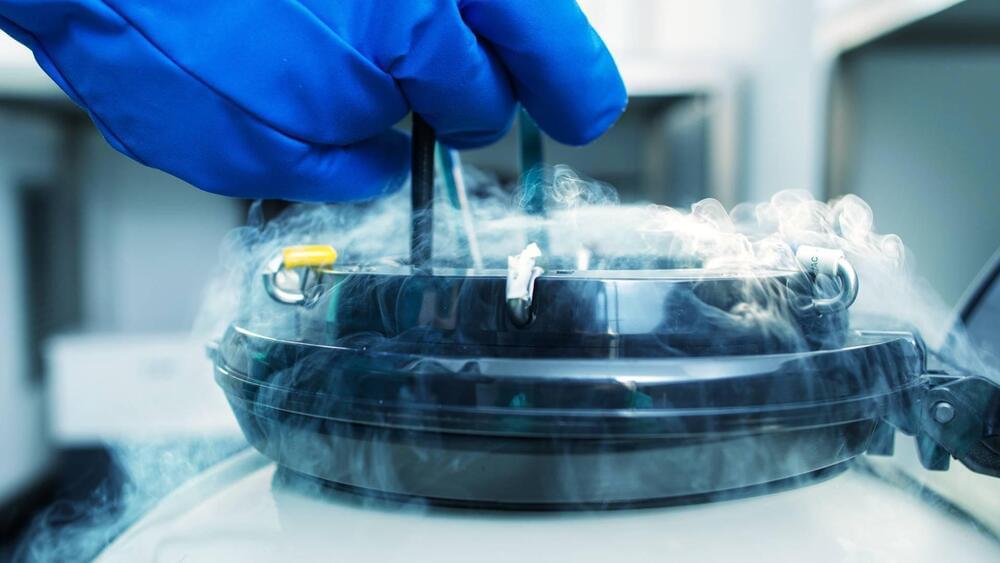
‘Science fiction worries’: Baby born from 1996 frozen sperm sparks debate
New U.K. law indicates sperm can be used from as far back as 55 years.
When a boy was born this week in the U.K. using sperm frozen in 1996, the issue arose of how long sperm can be stored for before it is actually put to use.
A timeframe extended by 45 years.
Bluecinema/iStock.
A recent change in one of the country’s laws will now allow for more babies to be born from sperm frozen more than 50 years ago, according to a report by The Guardian published on Friday.
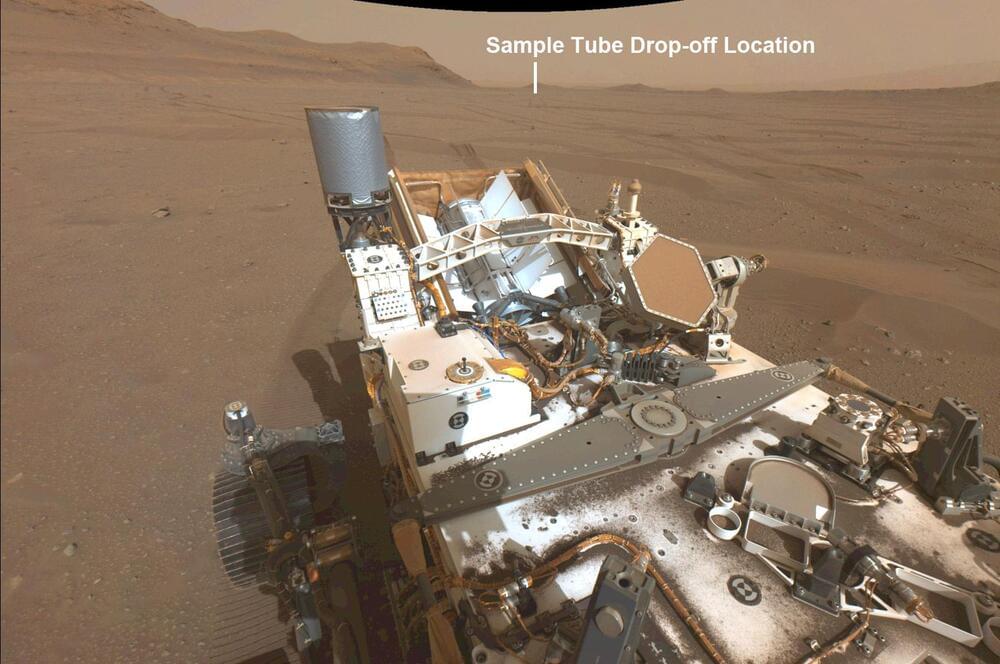
Perseverance rover to drop off samples for return to Earth
The NASA Perseverance rover isn’t only exploring Mars for the scientific discoveries it can make now — it’s also paving the way for future missions which intend to bring samples back from Mars to Earth for the first time. This complicated plan involves multiple vehicles including spacecraft, a lander, and two helicopters, which will work together to collect the samples from the Martian surface, take them to orbit, and return them to Earth. But Perseverance is getting the process started by collecting samples, sealing them up in tubes, and leaving these tubes on the surface for future missions to collect.
Now, NASA and the European Space Agency (ESA) have announced that they have selected the first samples to be deposited on the surface ready for collection. “Never before has a scientifically curated collection of samples from another planet been collected and placed for return to Earth,” said Thomas Zurbuchen, associate administrator for science at NASA Headquarters, in a statement. “NASA and ESA have reviewed the proposed site and the Mars samples that will be deployed for this cache as soon as next month. When that first tube is positioned on the surface, it will be a historic moment in space exploration.”
Ten of the 14 samples which Perseverance has collected so far will be deposited in a region of the Jezero Crater called Three Forks. This region was chosen as it is flat and does not have obstacles like large boulders which could cause issues for future collection. The samples chosen for collection include both igneous and sedimentary rocks collected from the rover’s 8-mile journey across Jezero.